12 Important Maritime Courses for Deck Officers
Merchant Navy is a line of work that requires constant up-gradation of knowledge, primarily professionally. The end of maritime college just marks a slight beginning in a long tenure of academic correlation because in a highly professional field such as this, the necessity to remain at the top of the game is indispensable.
Most colleges make the cadets undergo the mandatory STCW courses. Upon graduating, there’s a host of other courses that need to be completed by cadets, for example, Oil Tanker Familiarization There’s also a fair number of courses to be completed at the end of the cadet-ship on board such as GMDSS course.
Below is a comprehensive list of the courses required to be completed by a junior officer:
1. Global Maritime Distress Safety System (GMDSS) Course – It’s about radio communication and distress situations; Communication in times of distress and emergency, the equipment used and how they’re used. Urgency, distress, safety and routine communication with radio equipment on board and their overall operation. GOC is the General Operator’s certificate given to the person who successfully finishes this course.
2. Radar Observer Course (ROC/ ARPA) – This course deals with usage of the ship radar and the plotting system. Details about the user-functions of the radar are also included.
3. Elementary First Aid (EFA) – Includes knowledge of basic first aid equipment and skills required on ships.
4. Medical First Aid (MFA) – It includes detailed first aid knowledge required for ships, i.e, an enhanced version of EFA.
5. Basic Fire Fighting (BFF) – Teaches skills and requirements of basic fire fighting techniques on ships (basic fire fighting equipment and its use/operation).
6. Advanced Fire Fighting (AFF) – Advanced fire fighting skills are taught in this course (Includes advanced fire fighting equipment and its use. An enhanced version of BFF).
7. Personal Survival Techniques (PST) – Officers are taught personal survival techniques that are required at the sea (basic survival techniques and life saving appliances available on ships).
8. Proficiency in Survival Craft and Rescue Boat (PSCRB) – Provides knowledge on survival craft and rescue boat of ships (It’s an enhanced version of PST. details of lifeboat/rescue boat, MOB-boat).
9. CTF/OTF/GTF – Container/Oil/Gas tanker familiarization course – Deals with all the important aspects of each type of ship.
10. PSSR – Personal Safety and Social Responsibility – Provides knowledge required by seafarers to ensure their personal safety and social responsibility on ships.
11. ECDIS Training – As per the new STCW, the use and operation of ECDIS and its features as an enhanced navigational equipment are mandatory. This course teaches all the aspects of ECDIS course.
12. Certificate of Competency (CoC) – The 2MFG (2nd Mate’s Foreign Going) license required by deck officers to work on ships.
Apart from the above mentioned courses, the presence of a valid Medical Certificate needs to be supplemented by the deck officers. It is advisable for cadets booking their courses at a specific institute to check the validity of the course at that very institute prior to booking.
The DG Shipping website (for Indian candidates) has a list of approved training institutes and the courses they’re allowed to conduct as per the rules of the Government. It is possible that a few courses for some of the institutes are pending verification, whereas for a few others, the validity of the courses might have been withheld. It is therefore extremely necessary that deck cadets do a thorough research on the institutes, their courses and the validity to avoid unnecessary hassles and problems in future.
Are we missing any important maritime courses? Let us know.
You may also like to read –
- 10 Things Maritime Academies Don’t Teach
- 10 Best Online Entrepreneurship Courses For Mariners
- 5 Online Soft Skills Courses For Maritime Professionals
- Maritime Examinations & Courses – Are They Worth the Moolah ?
Photo credit : Vivek bondi ( 3rd Officer)
Do you have info to share with us ? Suggest a correction

About Author
Shilavadra Bhattacharjee is a shipbroker with a background in commercial operations after having sailed onboard as a Third Officer. His interests primarily lie in the energy sector, books and travelling.
Latest Marine career Articles You Would Like:
- A Guide To IMU CET Exam 2024
- A Guide to Merchant Navy Ranks
- What is Marine Engineering: Courses, Job Description & Salary
- Duties of 3rd Officer in Merchant Navy
- What is the Difference between Merchant Navy and Defence Navy?
- Naval Architecture vs Naval Engineering vs Marine Engineering vs Ocean Engineering
Subscribe To Our Newsletters
By subscribing, you agree to our Privacy Policy and may receive occasional deal communications; you can unsubscribe anytime.
Web Stories



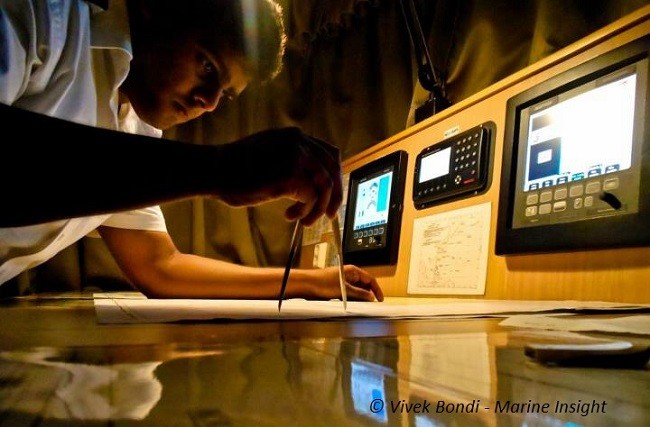
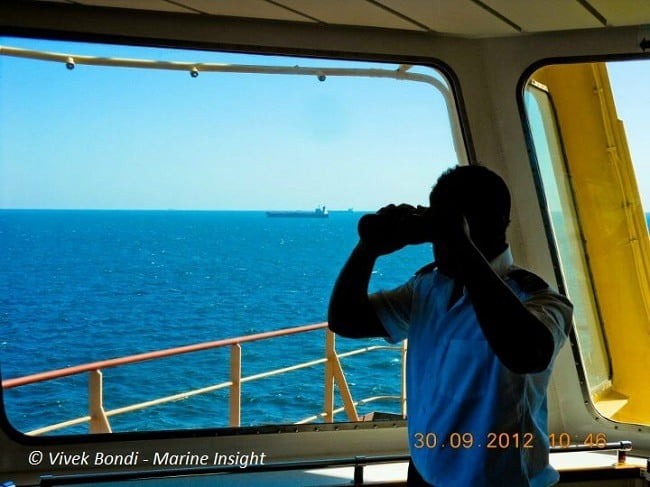
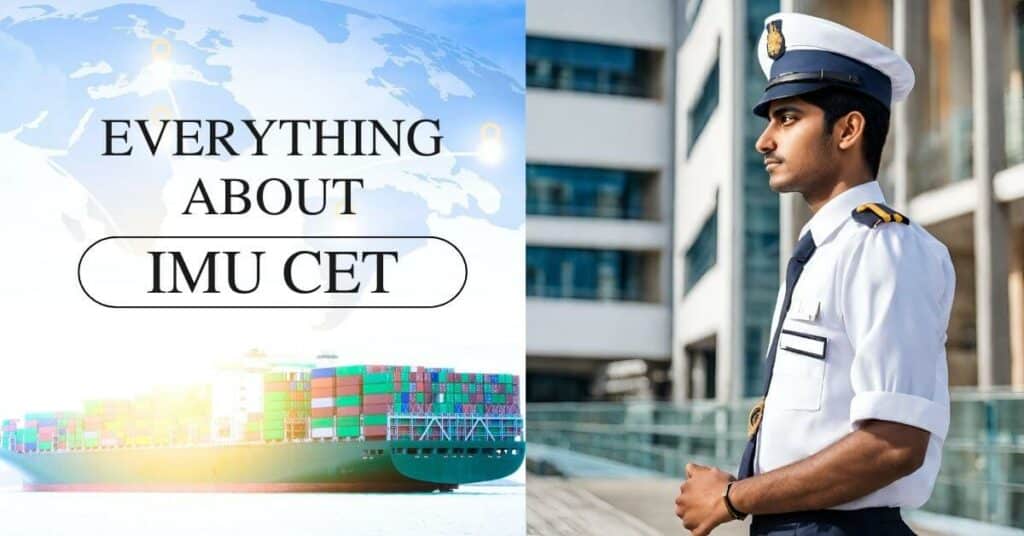
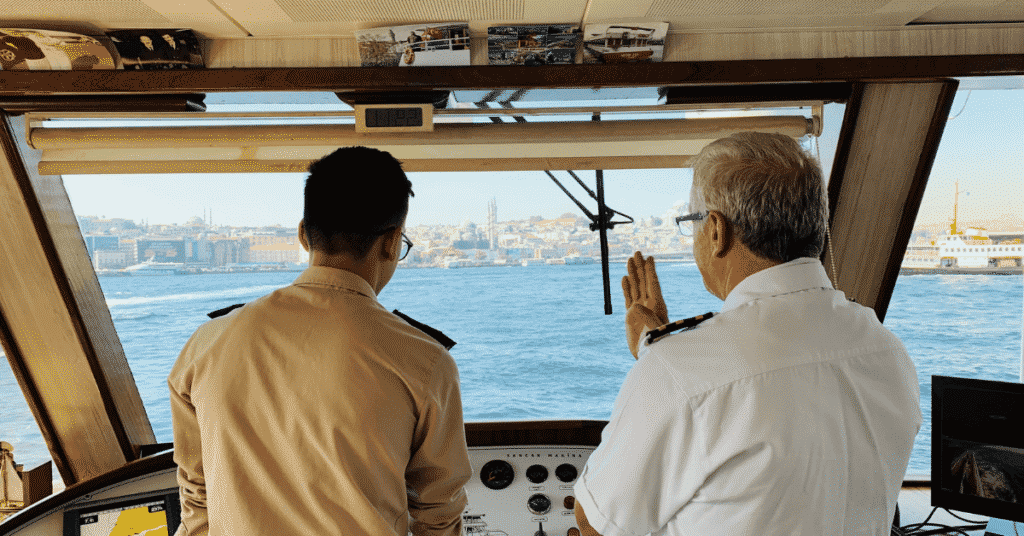

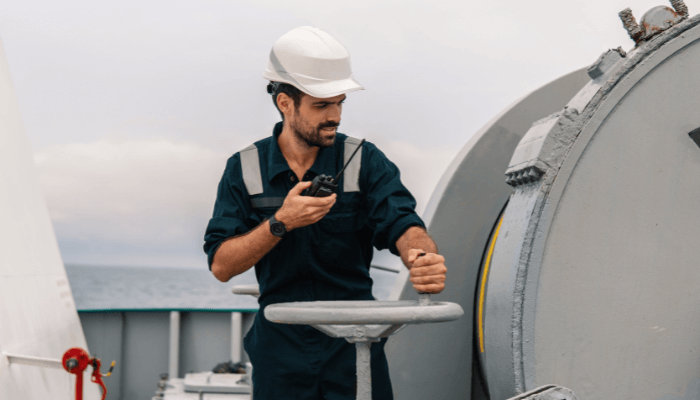
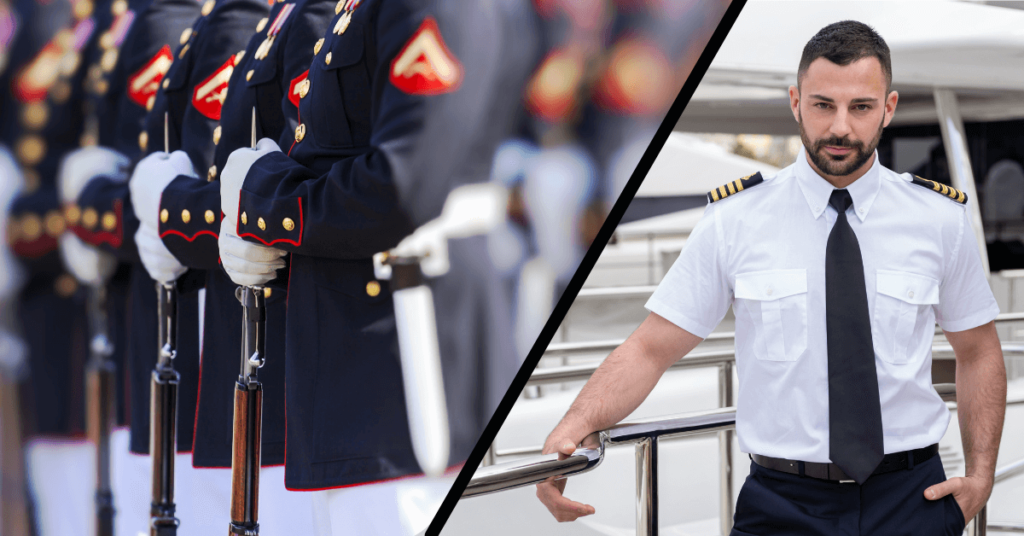
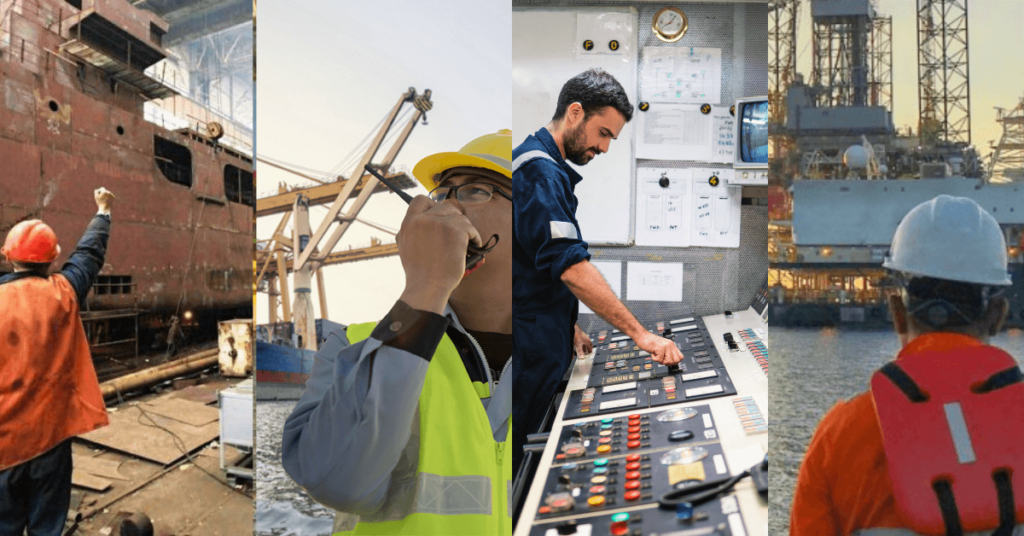


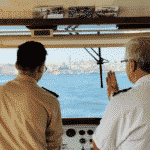

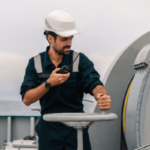
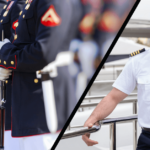
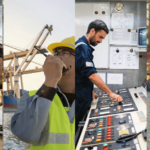
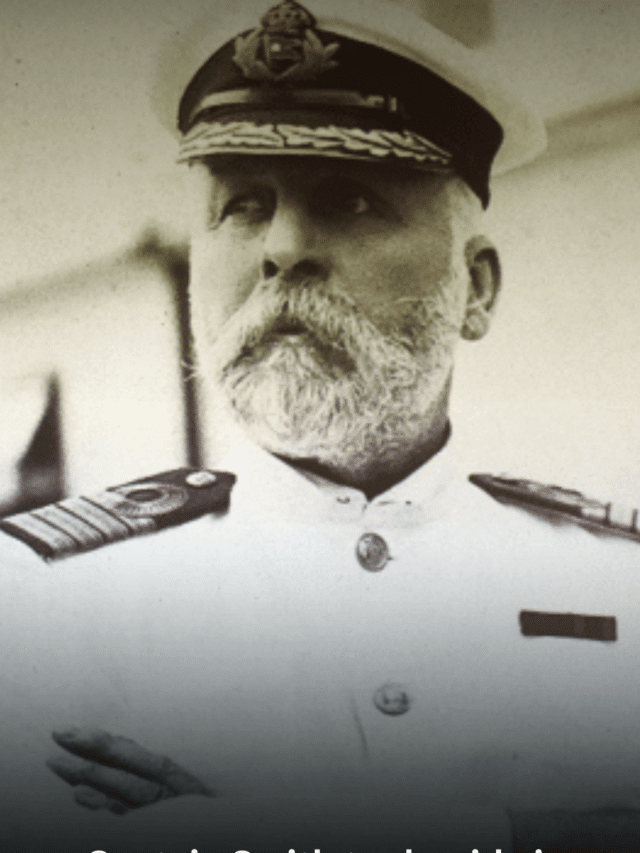
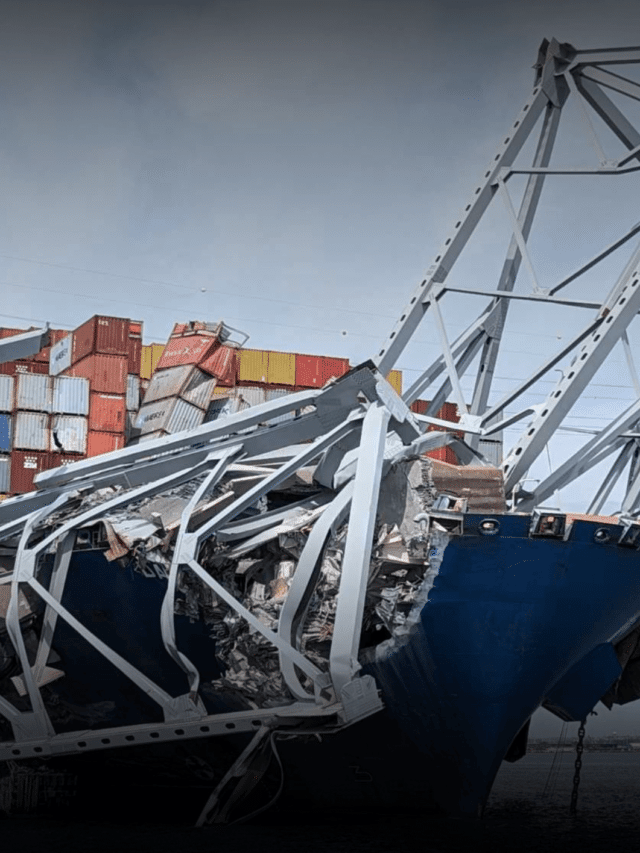
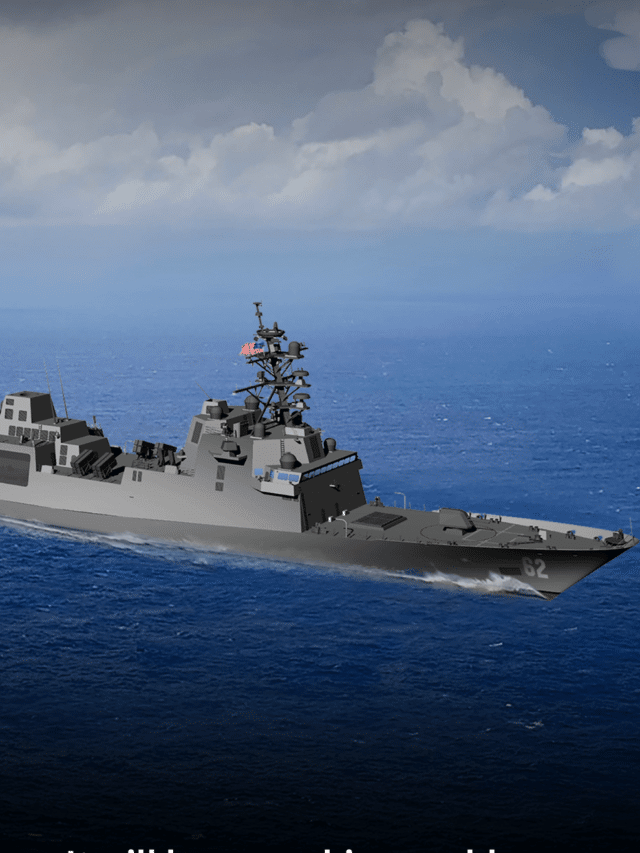
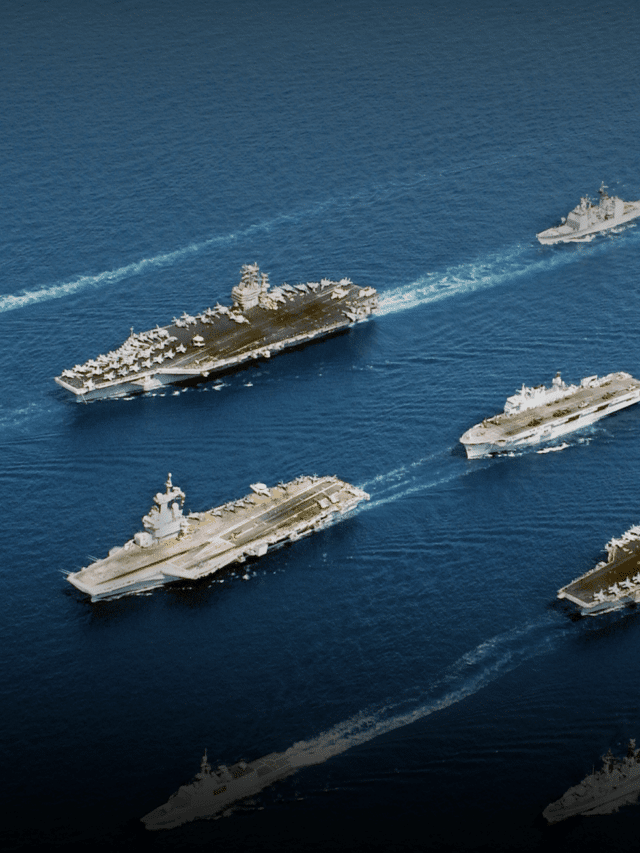
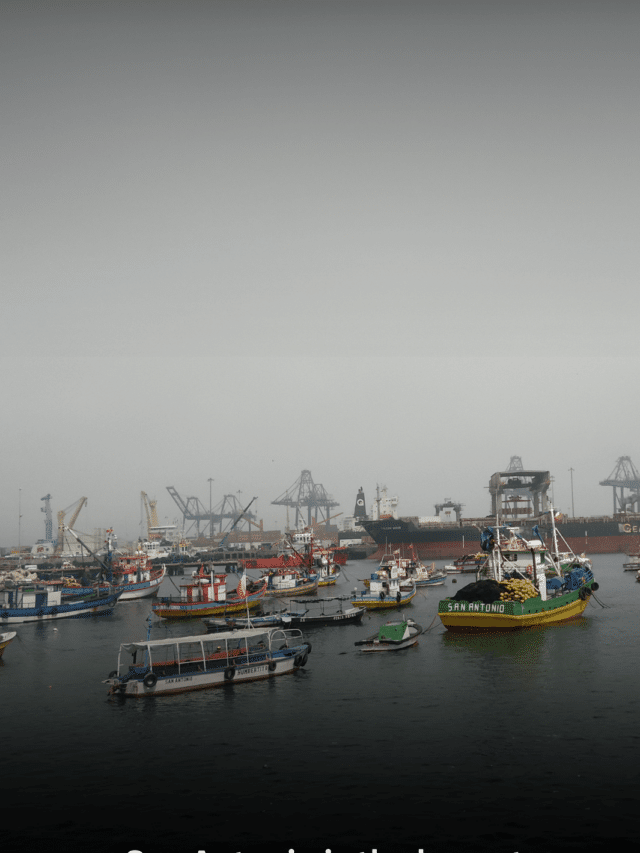
pls help n sugestion to join marchant navy
I am a Nigerian deck cadet with twelve months sea time. I wish to get my coc 2nd mate FG, I want to know about all the accredited institutions where I can get my 2nd mate fg cert.
tanks.
Good article. Keep up the good work.
However, fails to mention SSO / STSDSD on Security which is mandatory under ISPS / STCW2010.
classes you forgot, 1. Celestrial navigation
2 . flashing light. 3. radar observer unlimited.
Sorry I forgot one, 4. Bridge resource management.
Pls what are ther financial implications and the duration of taking the dynamic positioning course.
Oh, I will consider this! Should I take another course to get the position? I hope my current school offers some of these courses. By the way, https://www.pntc.edu.ph/ is my school.
I am muliadi from Indonesian seafarers.I have experienced deck cadet on container ship as long as twelfth months.after get experienced as deck cadet I’m continued studied and finished exam.
Now i’ve COC class III.I hope my current can get a job as well…I need information to get a job on ship as officer deck can sailing and get experienced anymore…!
Thanks
Have you visited our jobs section. Please submit your resume for free there =>> https://jobs.marineinsight.com/
Pls help sugetion in joining marchent navy
@Muship; First you need to select in which stream you want to join?
Is there any institute to provide short term courses about it in UAE ??
Please post your queries in the forums: forums.marineinsight.com
Sir I have panama cdc with 40 moth experience. I want to do advance course for becoming officer but which academy I have to join plz suggest. How I can be a officer
sir I 12th Pass Student I have to join Merchant navy plz suggest.
@Harshad: Please check this article for the complete details and process: https://www.marineinsight.com/careers-2/joining-merchant-navy-class-12th-india/
My age is passing to 26 …can I study any marine course and get the job??
I’m already completed 3 yr diploma in tool and die making.,and two year experience
@Mridul: The minimum age is 17 years and the maximum is 25 years to be eligible for examinations pertaining to the merchant navy on the basis of 10+2 marks. If your diploma is equivalent to a mechanical diploma, you can try for GME course.
Can a male at 52 yr age join as deck officer or any other suitable job without any Marine certificate or education and experience as starter or fresher ? Pl suggest or advice. .
@Hussain: There are age requirements and a 52 year old person is not eligible.
Sir I’m yash chavan now I’m 18 years old. Last month my operation has done of intestines because of typhoid n ulcer, n I want to join Marchant navy, there is time to start this career, in have given 10th exam this year, is there any chance to join Marchant navy, plz reply sir, I need this job.
Hi sir I am shinigamy pls I want to know if I can work at the deck department but I’m an engineering cadet is that possible ?
No. You need deck cadet course for that.
My son wants to work on sea what’s the best for him to start pre sea or PST which of the 2 they say that the PST are better
Which part of the world you are located?